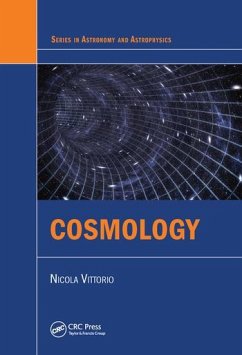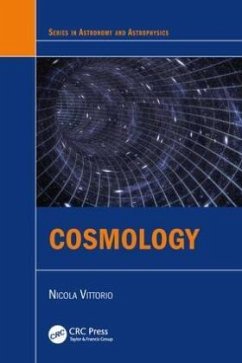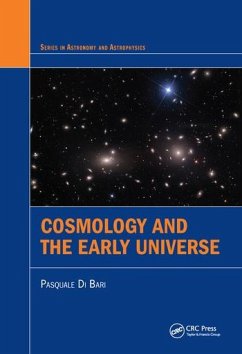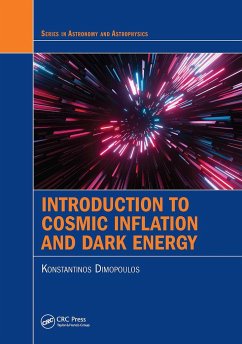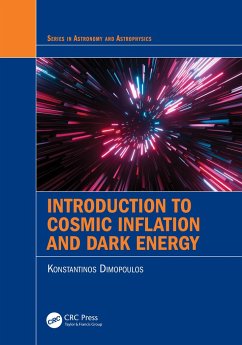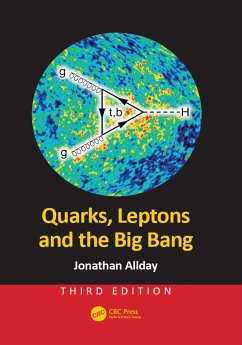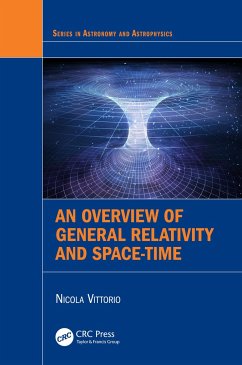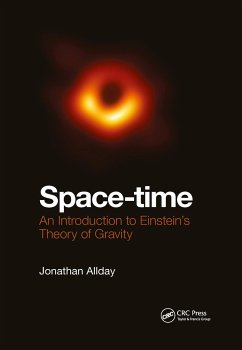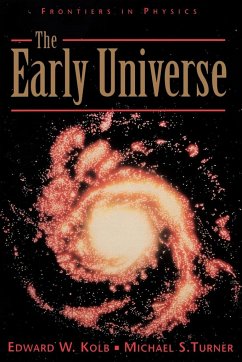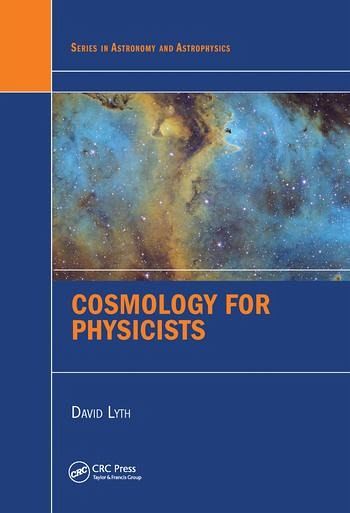
Cosmology for Physicists
Versandkostenfrei!
Versandfertig in 6-10 Tagen
51,99 €
inkl. MwSt.

PAYBACK Punkte
26 °P sammeln!
Written by an award-winning cosmologist, this brand new textbook provides advanced undergraduate and graduate students with coverage of the very latest developments in the observational science of cosmology. The book is separated into three parts; part I covers particle physics and general relativity, part II explores an account of the known history of the universe, and part III studies inflation. Full treatment of the origin of structure, scalar fields, the cosmic microwave background and the early universe are provided.Problems are included in the book with solutions provided in a separate s...
Written by an award-winning cosmologist, this brand new textbook provides advanced undergraduate and graduate students with coverage of the very latest developments in the observational science of cosmology. The book is separated into three parts; part I covers particle physics and general relativity, part II explores an account of the known history of the universe, and part III studies inflation. Full treatment of the origin of structure, scalar fields, the cosmic microwave background and the early universe are provided.
Problems are included in the book with solutions provided in a separate solutions manual. More advanced extension material is offered in the Appendix, ensuring the book is fully accessible to students with a wide variety of background experience.
Features:
Incorporates the latest experimental results, at a time of rapid change in the field
Explores the origin of structure and the Cosmic Microwave Background
Includes an extensive number of problems and a corresponding solutions manual
Problems are included in the book with solutions provided in a separate solutions manual. More advanced extension material is offered in the Appendix, ensuring the book is fully accessible to students with a wide variety of background experience.
Features:
Incorporates the latest experimental results, at a time of rapid change in the field
Explores the origin of structure and the Cosmic Microwave Background
Includes an extensive number of problems and a corresponding solutions manual





